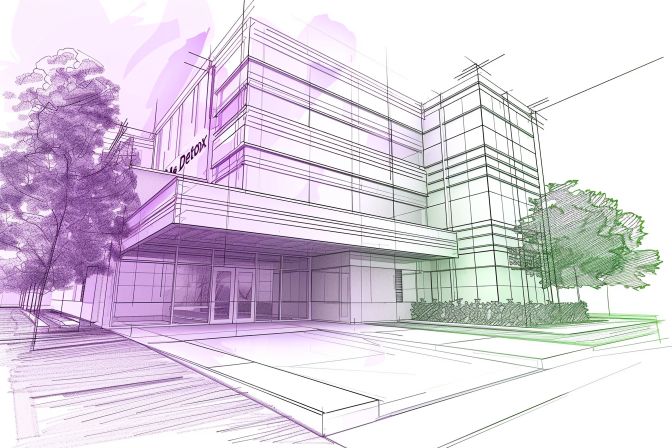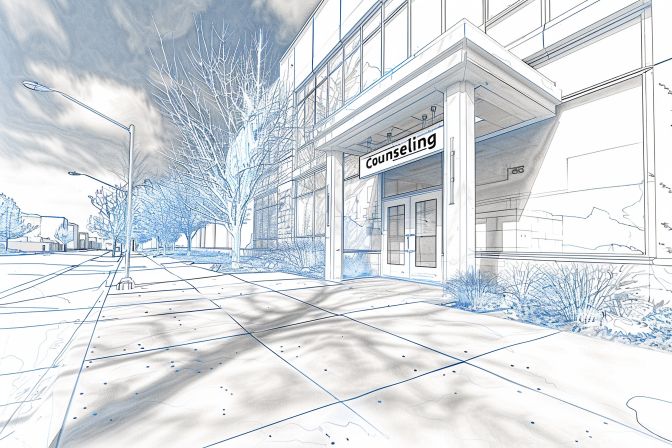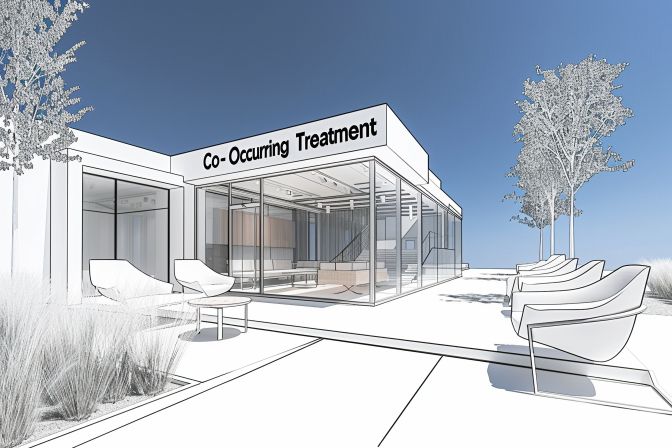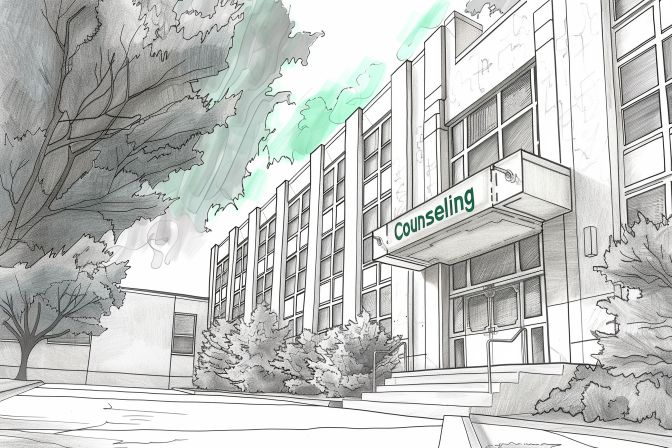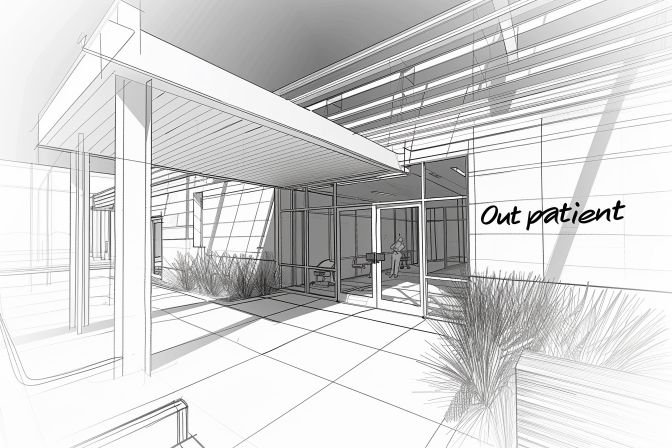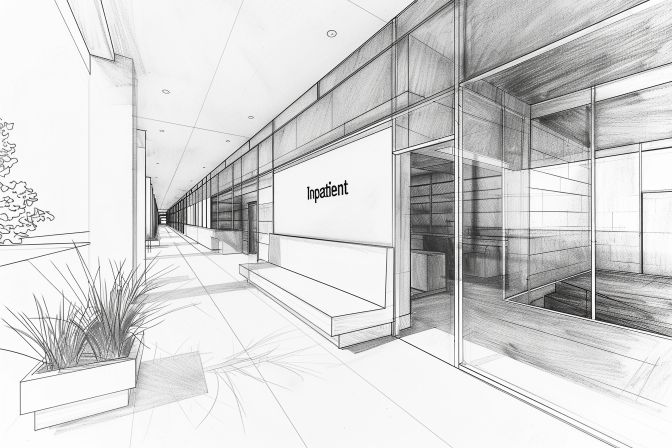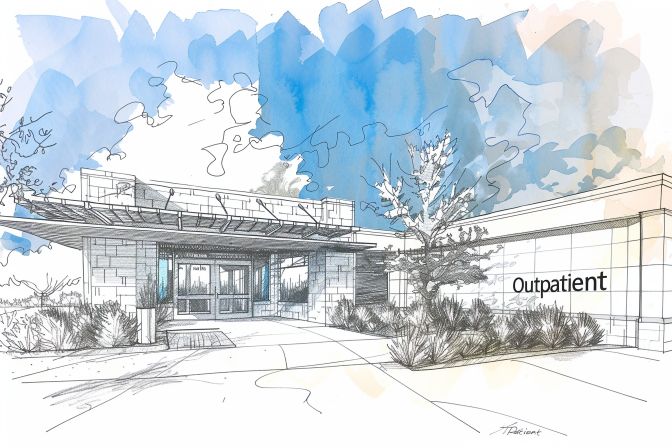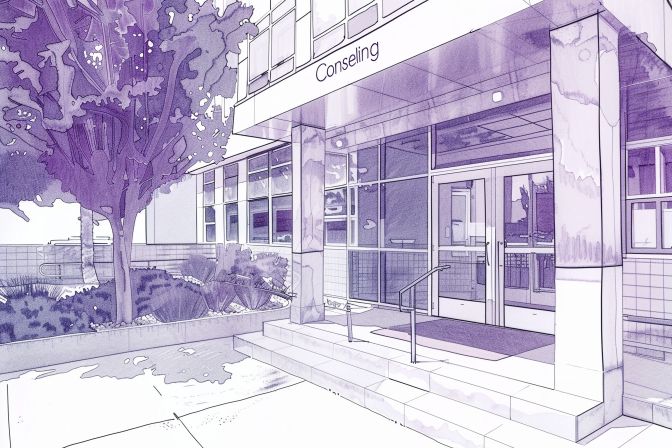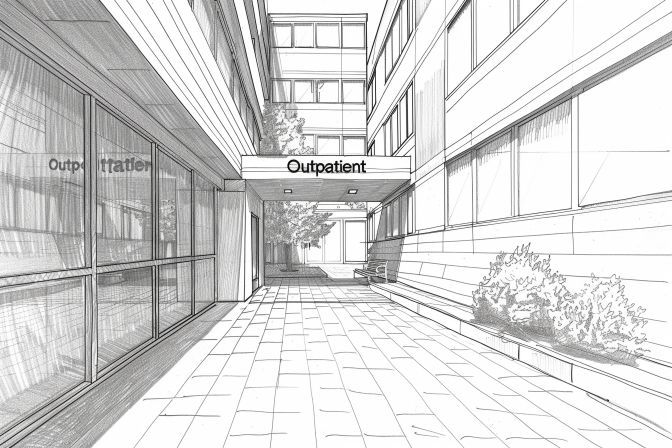McIntosh Trail MH/AD/DD Comm Servs Board/DBA Pine Woods
1209 Greenbelt Drive, Griffin, Spalding, GA 30224
Call 24/7
Free and Confidential
Insurance Accepted
Cash Pay rate
McIntosh Trail MH/AD/DD is a state government offering inpatient treatment in Griffin, GA that caters to adults and young adults seeking help for substance use disorders. This center offers programs for substance use treatment that include evidence-based approaches to addiction and substance abuse treatment.
Facility HighlightsMAT
co-occurring disorder treatment
3 accreditations
Claim your profile to manage this page and enable the messaging form.
About McIntosh Trail MH/AD/DD Comm Servs Board/DBA Pine Woods
They accept Medicaid as forms of payment for services offered and caters to both female and male patients.
This center offers detox treatment including alcohol detoxification, benzodiazepine detox, cocaine detox, methamphetamine detox and opioid detox.
This facility also uses counseling as part of its substance use disorder treatment, both helping to understand the cause of addiction and creating tools to aid with recovery. McIntosh Trail MH/AD/DD uses group counseling during treatment.
McIntosh Trail MH/AD/DD treats opioid addictions including heroin, fentanyl, and prescription painkillers. This includes the use of opioid medications during detox and treatment such as buprenorphine.
McIntosh Trail MH/AD/DD offers recovery support services dedicated to helping patients get back on their feet and continue their recovery. These support services include recovery coaching as well as transitional services including discharge planning.
This rehab center also holds State mental health department and Commission on Accreditation of Rehabilitation Facilities (CARF) accreditations, ensuring they meet the standards required for effective treatment.
McIntosh Trail MH/AD/DD (Griffin, Georgia) is rated 3.06 on Recovered’s Trustscore which is based on user reviews and accreditations.
Company Information
Recovered TrustScore 3.06 / 5
The Recovered Trustscore for McIntosh Trail MH/AD/DD Comm Servs Board/DBA Pine Woods is based on the total amount of key accreditations (3) & publicly available review data online for this rehab center. A Bayesian average is applied to all rehabs to ensure fair visibility. Read here for more info
Overview of Services
Accreditations

Age Groups Accepted
Adults, Young adults
Languages
Sign language services for the deaf and hard of hearing
Specialization
Substance use treatment, Detoxification, Treatment for co-occurring substance use plus either serious mental health illness in adults/serious emotional disturbance in children
Treatment Services
Age Range
Medications Used
Services
Setting
Payment support
Assessment & Testing
Transitional Services & Aftercare
Medication Assisted Treatment Policy
At This Facility
Counseling/Education Services
Smoking/vaping policy
Special Services
Insurance Policy & Other Considerations
FAQs
Common Questions About McIntosh Trail MH/AD/DD Comm Servs Board/DBA Pine Woods
Where are they located?
What types of treatment do they offer?
Do they treat opioid use disorders?
Do they offer recovery support services?
Do they have detox programs?
What counseling or therapy do they offer?
Get confidential help and information via our helpline
Recovered invites user reviews from former attendees, as well as their own loved ones and staff members, for all facilities listed on our site that they have had personal experience with.
We audit user reviews regularly and any instance of spamming or manipulation will result in content being removed. Only one review is permitted per user. Any reviews considered to be abusive, offensive, or fraudulent will be removed.
Treatment Centers Nearby
Calls to numbers marked with (I) symbols will be answered or returned by one of the treatment providers listed in our Terms and Conditions, each of which is a paid advertiser.
In calling the helpline you agree to our Terms and Conditions. We do not receive any fee or commission dependent upon which treatment or provider a caller chooses.
There is no obligation to enter treatment.
For any specific questions please email us at info@recovered.org
Insurance Accepted
This center accepts most forms of health insurance. Contact them to find out more or use our insurance verification to check your coverage.
Insurance Accepted
This center may not accept all forms of insurance. contact them to find out more.
We are awaiting cost confirmation from the center owner.
Medication designed to help with withdrawal symptoms and cravings may be offered as part of an addiction treatment program.
Accreditation(s) indicate the organization's national, state, or industry recognition for the treatment of substance use disorders and or mental health conditions.
